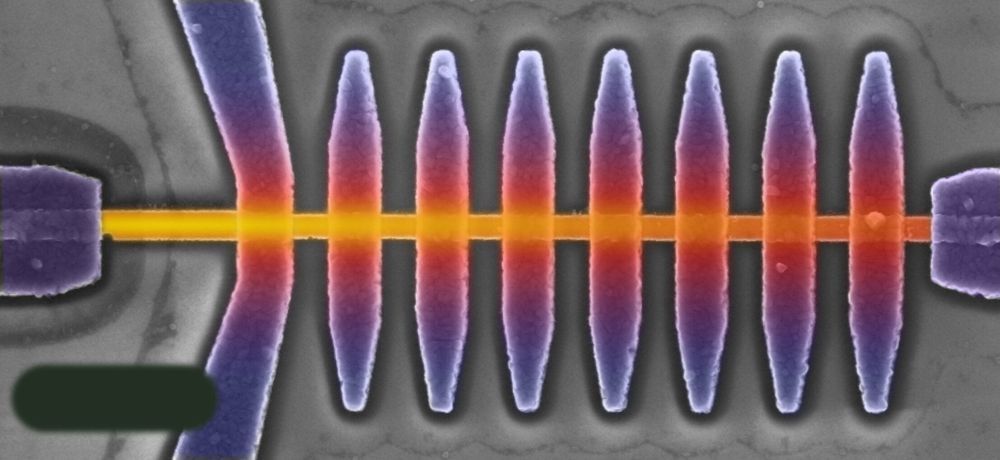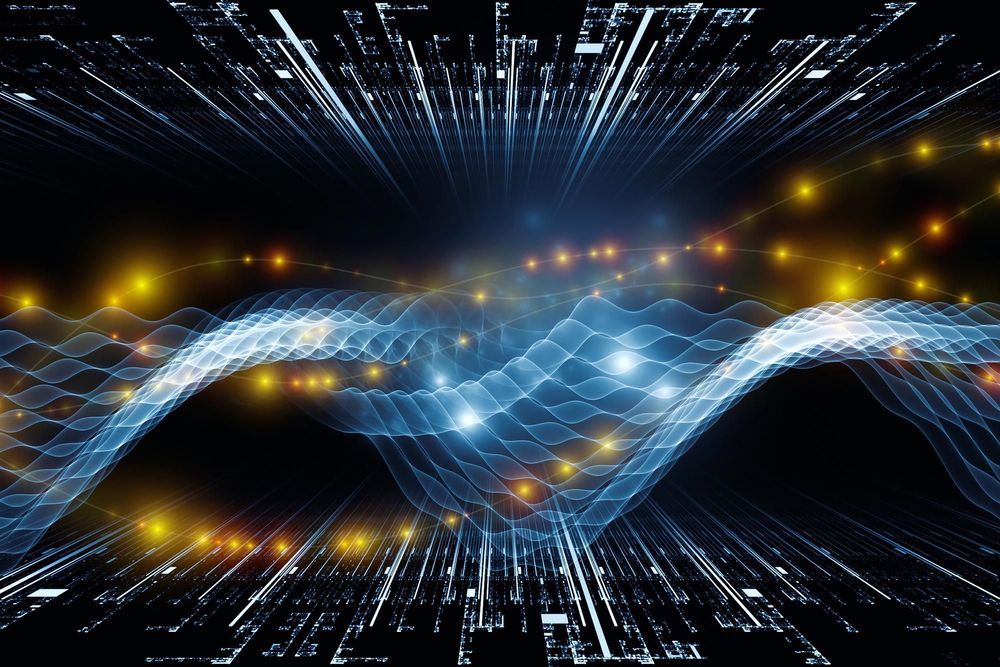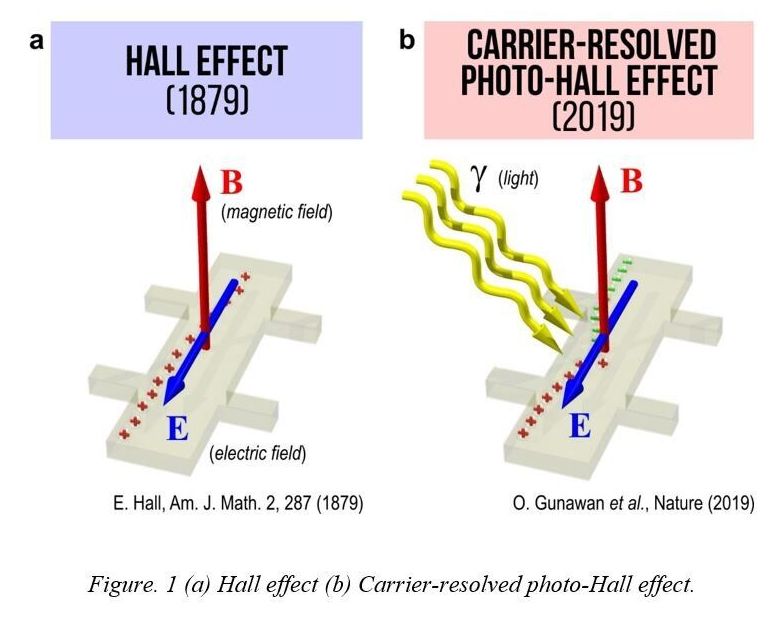The 2019 Nobel Prize in Chemistry was awarded to John B. Goodenough (The University of Texas at Austin), M. Stanley Whittingham (Binghamton University, State University of New York), and Akira Yoshino (Asahi Kasei Corporation and Meijo University) “for the development of lithium-ion batteries”. With the creation and subsequent optimization of lithium-ion batteries to make them more powerful, lighter, and more robust, the seminal work of Goodenough, Whittingham, and Yoshino has had a profound impact on our modern society. This ubiquitous technology has revolutionized our daily lives by paving the way for portable electronics and made renewable energy sources more viable. While attempts to improve the performance of batteries continue, the lithium-ion battery has remained the world’s most reliable battery system for more than 40 years. The three winners will each receive an equal share of the roughly $1 million award. At 97, Goodenough is now the oldest person ever to win the Nobel Prize.
“A long-awaited recognition for the creators of lithium-ion batteries has come true. The electrochemistry and material science communities – and the greater chemistry community as a whole – are excited to hear the news of the 2019 Nobel Prize award to John B. Goodenough, M. Stanley Whittingham, and Akira Yoshino for their pioneering contribution to lithium-ion batteries,” said ACS Energy Letters Editor-in-Chief Prashant Kamat. “As we all know, the lithium-ion battery has revolutionized our modern-day activities. From mobile phones to laptops and from electronic gadgets to electric cars, these storage batteries have become part of our everyday life. We at ACS Publications are excited to be part of this celebration.”
Whittingham laid the foundation of the lithium-ion battery while working at Exxon in the 1970s. During that time, the oil crisis in the United States was ongoing, and there was a strong drive to develop methods of energy storage and transport that did not rely on fossil fuels. Whittingham developed a 2V lithium-ion battery based on a titanium disulfide cathode and lithium metal anode. While a seminal contribution to the advancement of the lithium battery, adopting Whittingham’s system for everyday use would be limiting due to the high reactivity of lithium metal and risk of explosion.







